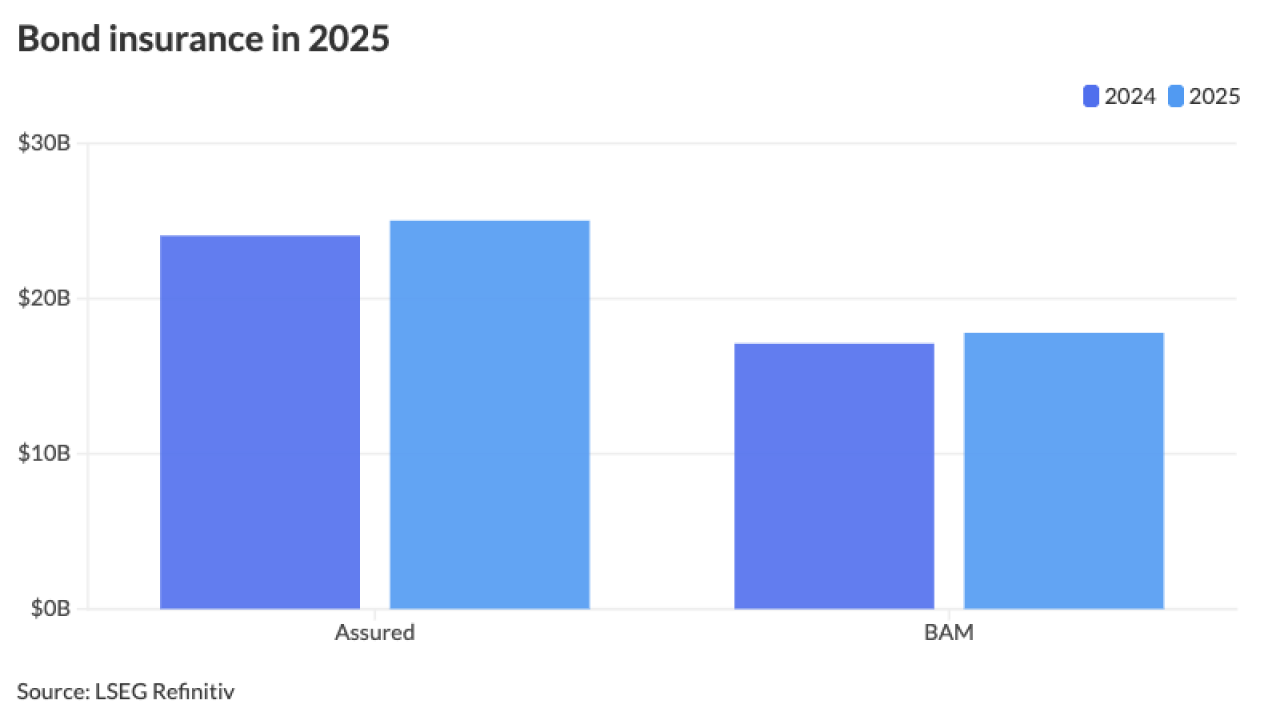In 2023, the amount of
Digital Insurance interviewed Elizabeth Tyndell, vice president and head of talent acquisition at New York Life, to discuss how the life insurer is attracting early career talent to the insurance industry.

How is New York Life focusing on attracting the next generation of insurance talent?
We know that the U.S. population, in general, is an aging workforce.
Our interest in early career talent is a few different things. Everyone is anticipating there'll be a talent gap–the birth rate in the U.S. started to drop around 2007, so there are fewer individuals who are enrolled in college year-over-year, and that decrease actually continues to become dramatic in the number of individuals who will graduate. So your talent will, therefore, be shrinking.
And so how do we think about future proofing ourselves? It is investment in early career talent. We are also really focused on early career talent, because we, as with so many other organizations and industries, are also going through transformation and change. The advent of new technology and AI has been so exciting and is rapidly changing the way that we think about and do business, but we need those skill sets to enable that.
As we think about early career job seekers, many of those are honed within that population of Gen Z. Gen Z is our first digitally native generation, and so it's such an amazing opportunity to bring together all of these reasons why investment in that space is so important: talent gaps, future facing skill sets and also different perspectives. We saw the way that Millennials really shaped the workforce, and Baby Boomers before then. We're really excited about what Gen Z will bring as they become a larger and larger component of our workforce.
Do you have insights into what new graduates or just current students are looking for when they're considering a career, and how the insurance industry could approach that as an opportunity?
One of the things that we have observed in engaging with this talent population is that they've become really sophisticated consumers. As we think about the world around us, in the world that we exist in, the availability of information is vast. If you're going to buy a t- shirt, you want to know if the t-shirt is sustainably made, where it's sourced, who it's made by, who is the owner of the company and what is their ethos or philosophy. That has become commonplace. As we think about job seekers, they also have the same level of sophistication in thinking about where they invest their time, how they will learn to develop and how an organization is going to prepare them for a future and full career.
One of the ways that we've really tried to lean into that interest from this population, which is becoming more and more prevalent within the workforce, is trying to be open and transparent. We are doing some work on our employer brand and helping educate early career job seekers, and frankly, all job seekers on what New York Life is and what our mission is.
We also understand the interest in understanding who are our senior leaders at the organization, and so we've tried to put our senior leaders out in the market, talking about the exciting and innovative projects that we're working on. We also understand that everyone wants to know about the people who work there, what are the opinions that they have as they come to work every day and what they love about their job. Employee advocacy has been a huge part of our strategy, as well, with how we expose early careers and all job seekers to what it's like to work at New York Life.
How are you informing potential insurance professionals or people interested in an insurance career of the opportunities within the industry?
I would venture to say that many insurers face the same challenge, in that there are perceptions around what it's like to work in insurance. The reality is that insurance is a really diverse business, and it's one that's really exciting…
The way that we are with our customers and our clients is really through a tech-enabled experience, and it is largely digital, so think about how exciting it is to be a technologist within this organization and have the ability to influence a customer experience or the technology and experiences that you're creating. We're also a regulated organization and industry, so the complexities from a legal and compliance perspective make really substantive problems for people to address and work on.
We have all of these opportunities that exist within this organization and it's important to spend time educating job seekers that we're more than just life insurance. It is a core component of who we are in our business, but we also have these really diverse businesses that create opportunities for people of all different backgrounds and skill sets, and try to tell that story in a more fulsome way. We're not only interested in those who self-selected or opted into life insurance, but we really are trying to reach job seekers as a whole, to talk about the exciting opportunities that exist within our space.
How important is technology and innovation to Gen Z when it comes to talent attraction?
One of the things that's been so fascinating just through our interactions is this interest in future proofing. The rapidity with which people are changing careers and industry is much more significant than ever.
As job seekers are going into the market, from what we've observed, they're absolutely interested in spending their time and investing in organizations that are going to be aligned with their mission and values. More than anything, they also want a place that's going to future-proof them and prepare them for what's next. None of us really know what that looks like, but a place that's going to invest in them and give them the skills to grow. We've spent a lot of time educating our own employee population on our learning, engagement and development opportunities, but then also telling that story externally in the market, because we believe that that's really important.
Are there specific kinds of technology that you think are major attractors? How does potential talent view upskilling and mentorship programs?
We truly believe that Gen AI will play a substantive role in helping to empower our people, to create experiences... So there is the opportunity to come in to put your hands on AI tools, for employees to experiment with our internal GPT. New York Life also sits on an advisory board for Open AI, which is a really exciting partnership that we have.
We have made an investment in an AI powered technology that helps internal employees identify career opportunities as they think about globalizing their careers. We know that individuals are interested in skills development as an opportunity to take them into a variety of different career paths.
The technology that we have invested in and are partnering with is called Career Hub. For internal employees, it allows them to create a skills profile, identify skills that they have, and hone skills throughout the course of their experiences here or otherwise. As they set aspirational goals for themselves around careers they'd like to have in the future, or mobility moves they'd like to make, the technology will match them and help to outline career trajectory.
It'll also help to identify skills gaps, and then connect with our learning platform to surface learning content so they can upskill or identify learning opportunities that the organization offers for external candidates. It helps to surface jobs based on their skillsets and resumé, and potentially offers alternative job opportunities that they might not have even sought out.
Do you think AI and other kinds of emerging technology are enough to fill this talent gap? Where are there gaps in talent attraction and retention?
We are hopeful that, by investing in early careers talent, we will be able to have a workforce that has skills that we'll need in the future, and then, through the use of technology and AI, will enable them to be as efficient as possible, so that they can do all of the work that the organization needs done.
We've been really focused also on just widening the aperture. So it's not only early careers talent that we've looked to, we've also tried to think how to get in touch with job seekers who traditionally haven't thought about insurance as a career path, and actually, for a number of reasons, might find it to be a really attractive career. Insurance is incredibly stable, and in the midst of so many things that have happened over the course of the last five years, we've seen the job seekers really respond to that…
Through investment in early careers, widening the aperture on who we're connecting with, upskill our internal population and potentially turning some heads of those who've never thought about insurance, we hope that we will successfully navigate this talent gap that's to come.





